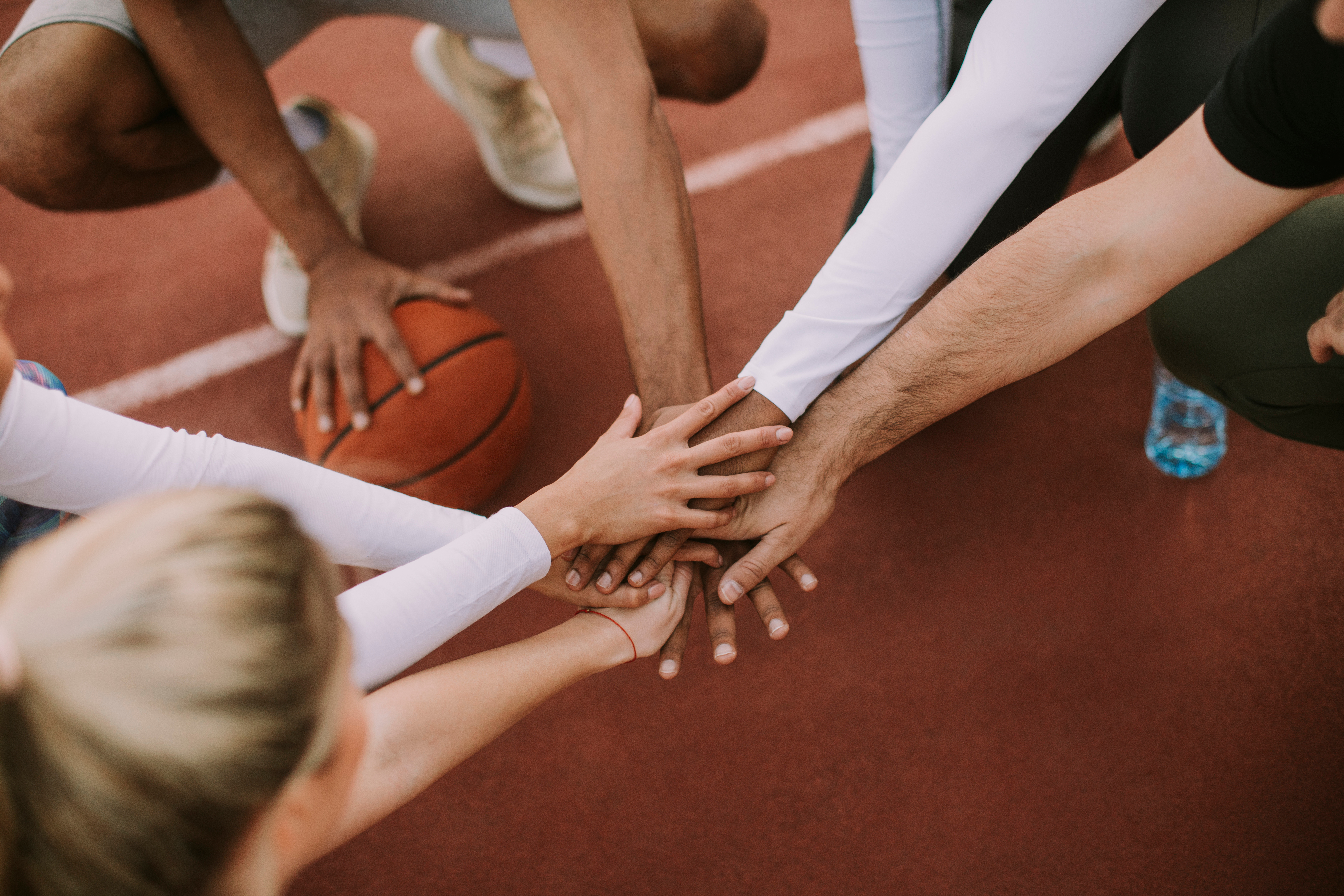
Welcome to Mental Moments with Dr. Megan! This new section will share quick information and tips for various mental performance topics and issues each month. This month, two FSU sport psychology students discuss elements of team cohesion and how you can help foster a productive & healthy environment.
Dr. Megan Buning, CMPC, is a faculty member within FSU COACH and a Certified Mental Performance Consultant through the Association of Applied Sport Psychology.
What Coaches Can Do To Foster Team Cohesion
1st Author: Juliana Tesselaar
Headshot: https://drive.google.com/file/d/12JRqf2JKmbHLk4EswIM_wJt1eauFV9kK/view?usp=sharing
Email: jmt23d@fsu.edu
2nd Author: Paige Blaskovich
Link to optional handout: https://drive.google.com/file/d/1uM6uTP33KZxjA0OrWINLkmcdCgTKHseG/view?usp=sharing
Team cohesion involves an individual athlete’s sense of belonging to a team and the feelings of confidence associated with team membership. When all athletes on a team work together towards a common goal and each player feels ready to take responsibility for the group’s outcome, we see team cohesion. Coaches play an important role in fostering team cohesion and should use a communication style that helps facilitate team needs and player motivational styles. Additionally, coaches who place a higher emphasis on team cohesion help athletes feel more connected to team goals, socially connected to the team, involved in group performance, and accepted within the team. Overall, providing an open environment for athletes to voice their opinions and feel heard by coaches is vital in promoting team cohesion.
Coaches can implement specific strategies to help build team cohesion throughout the season. At the start of a season, going over the role each athlete plays on a team and working with them individually on role clarity can help ease any worries athletes might experience if their role changes later on during the season. Coaches can also create goals with the team at the beginning of the season so the athletes feel like they are all helping achieve group outcomes and working together as a unit to achieve their goals. Reminding your athletes of these goals throughout the season also maintains consistency for athletes and helps build team cohesion.
Lastly, pairing younger athletes on a team with older athletes helps build team cohesion as teammates can form relationships in and out of sport. Understanding one’s teammates and coach outside of sport is just as important in building team cohesion, and coaches helping to form these well-rounded relationships for their athletes helps foster team cohesion. Team cohesion leads to success, so remembering these tips can benefit your athletes!

